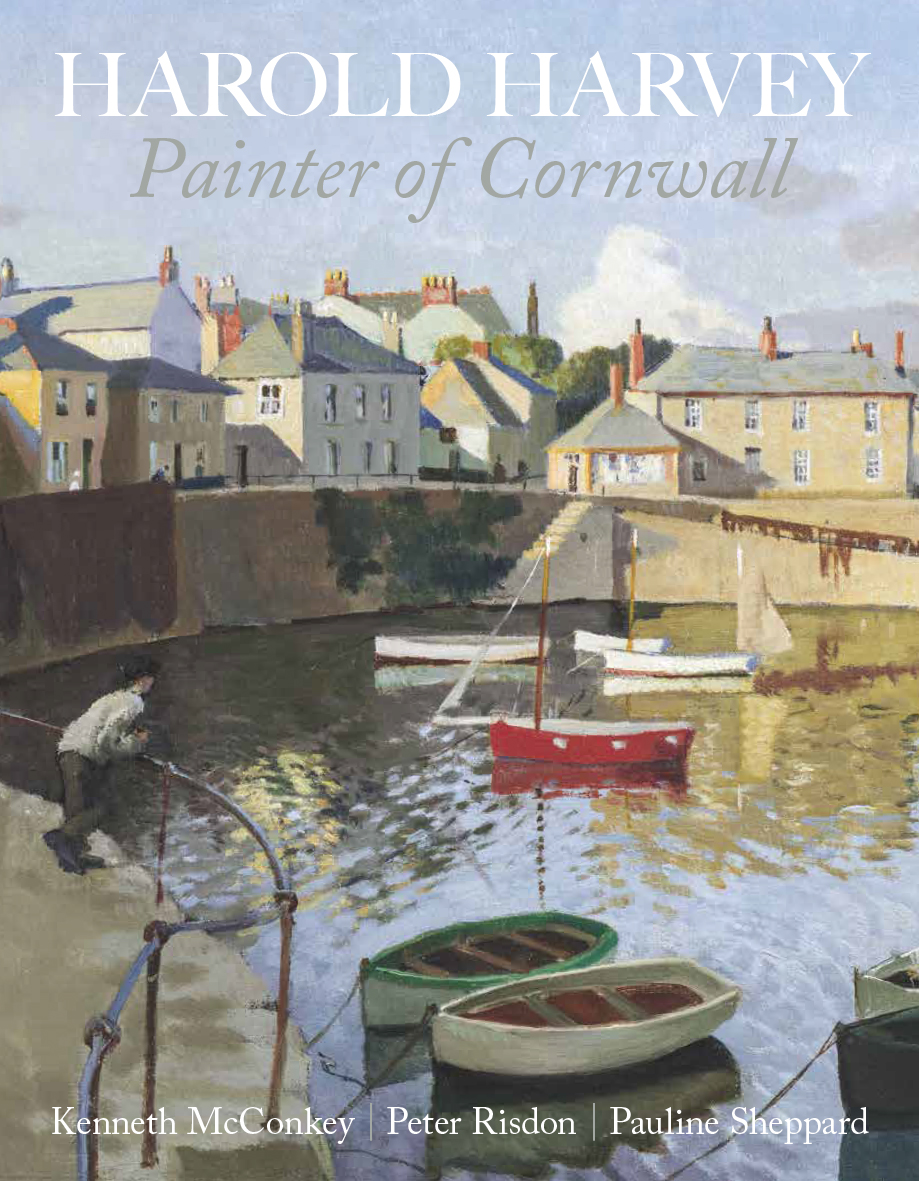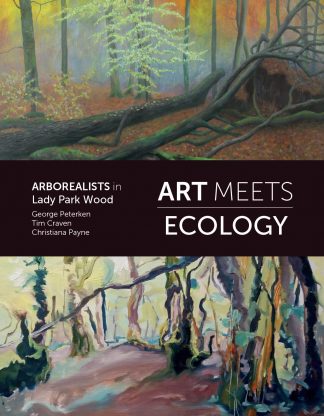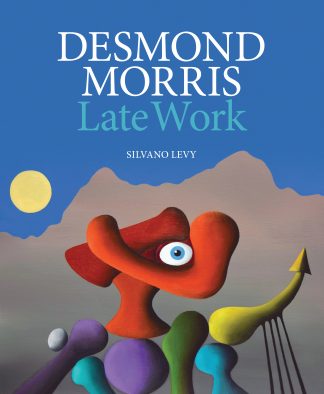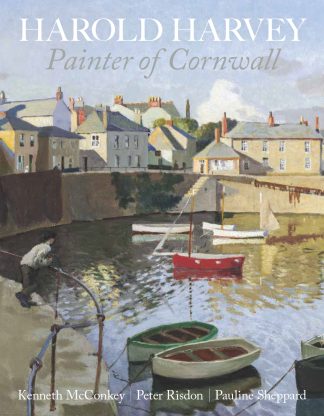Description
REVISED EDITION
Publication 1 May 2024
Pre-orders will be fulfilled in early May 2024
Harold Harvey, a true ‘son of Cornwall’, has been one of the most under-rated and least written about members of the Newlyn ‘School’ of artists which flourished from 1880 to 1930. The son of a bank manager, he grew up in Penance, and after studying under Norman Garstin and a spell in Paris, he settled to a quiet life in Newlyn with fellow-artist Gertrude, painting he Cornwall he know from the inside.
In his introductory essay, Professor Kenneth McConkey sets Harvey in the context of the art moments of the time, and shows how his early ‘genre’ paintings of rustic and marine life, so characteristic of the early Newlyn artists, gradually gave way to more sophisticated subject matter – Harvey was noted for his sumptuous interiors – and a flatter and more decorative style of painting. His early work might be compared with that of Stanhope Forbes, while his later paintings show clear affinities with those of fellow painters such as Laura Knight and Dod Procter.
Professor McConkey’s essay complements the first significant ‘life’ of Harold Harvey, researched and written by Peter Risdon and Pauline Sheppard, which is in turn illuminated by Peter Risdon’s painstakingly compiled catalogue raisonne of over 600 paintings.
Harvey’s painting output was prodigious, and this book includes approximately 100 illustrations of his favoured subjects: the Cornish at work, children at play, and intimate interior scenes and conversation pieces.<any of his contemporaries in Newlyn were visiting ‘observers’, but for Harold Harvey, who rarely went outside the county even though a regular exhibitor at the Royal Academy, painting the Cornish world ‘because it was there’ was his whole life.
About the Authors
Kenneth McConkey is Emeritus Professor of Art History and former Dean of Arts at the University of Northumbria. In the 1970s he conducted pioneering research on late nineteenth- and early twentieth-century British and French art, looking particularly at the followers of Bastien-Lepage. He organised monograph exhibitions on the work of La Thangue (1978), Clausen (1980) and Lavery (1984), and worked on the revisionist reconsideration of French realism, The Realist Tradition (Cleveland, Brooklyn and Glasgow, 1980). He selected the British section of the Impressionist landscape exhibition at Cologne and Zurich in 1989 and organized Impressionism in Britain at the Barbican Art Gallery in 1995. In addition to co-authoring works on Sir Alfred East and Arthur Melville, his more recent books include The New English, A History of the New English Art Club (2006), John Lavery, A Painter and his World (2010) and George Clausen and the picture of English rural life (2012). He was awarded a Leverhulme Research Fellowship in 2020 to complete Towards the Sun, The Artist-Traveller at the turn of the Twentieth Century (2021). Currently he is guest-curator of Lavery. On Location, a major touring exhibition which opened in the National Gallery of Ireland, Dublin, in October 2023, before travelling to Belfast and Edinburgh, where it became the National Galleries of Scotland’s Festival in the summer of 2024.
Peter Risdon retired from the Civil Service after more than 30 years at the British Library. Aged 57, he lives in north London with his wife Christine. He now writes biographies of British artists who are awaiting rediscovery, and this is his first book. He is currently completing a ‘life’ and catalogue raisonne of the important Post-Impressionist artist Alfred Wolmark.
Pauline Sheppard has lived and worked in Cornwall since 1972; a founder member of Cornwall Theatre Company, her work has been seen as far afield as Berlin and as close to home as the Minack Theatre, where her adaptations of classic stories for the Minack Schools Fortnight became an important part of the season’s calendar. As a writer her concerns are universal issues set in Cornwall: Dogs in 1992 deals with the philosophy of freedom and crossing borders when a group of travellers are evicted from wasteland; and Dressing Granite, 1997, about the survival of the individual. In 1998 she adapted Our Little Town by Charles Lee who was writing in Newlyn in the late 1890s and rubbed shoulders with the artists. In 2000 she adapted the Ordinalia (The Cornish Mystery Cycle) for the community of St. Just. She is also a member of Scavel an gow, a group of Cornish short story writers.





